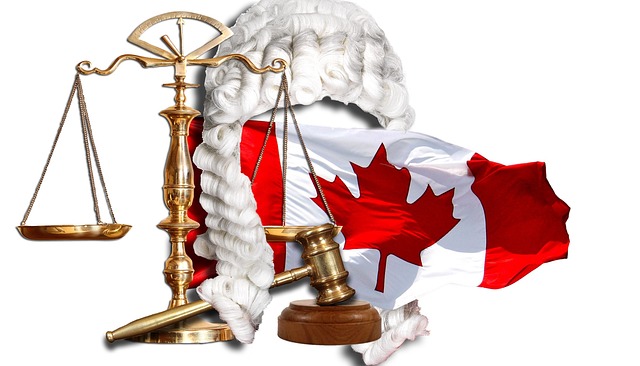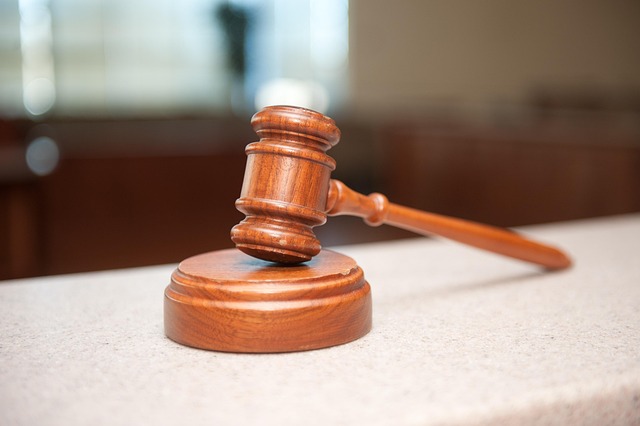Litigation Risk Management is a strategic approach to minimize legal risks and protect organizations by focusing on evidence handling, particularly establishing criminal intent. Effective strategies ensure meticulous documentation and preservation of relevant data during investigations, aiming for defense victories or charge dismissals. The Role of Evidence in Establishing Criminal Intent is pivotal, especially in white-collar crimes, where stringent evidence handling protocols, digital record preservation, and employee training are crucial to avoid indictment and mitigate losses, ensuring fair trials and organizational reputation protection.
“In the intricate dance of litigation, effective risk management is the key to victory. This comprehensive guide, ‘Litigation Risk Management’, explores crucial strategies for navigating legal battles. We delve into the core concept, understanding that proper risk management is a multifaceted approach. The article highlights the pivotal role of evidence in legal proceedings and its impact on establishing criminal intent—a critical aspect often challenging yet essential to win cases. By examining these elements, we provide insights into successful risk mitigation and evidence handling.”
- Understanding Litigation Risk Management: A Comprehensive Overview
- The Importance of Evidence in Legal Proceedings
- Establishing Criminal Intent: Role and Challenges
- Strategies for Effective Risk Mitigation and Evidence Handling
Understanding Litigation Risk Management: A Comprehensive Overview

Litigation Risk Management is a strategic approach to mitigate potential legal risks and protect organizations from costly lawsuits. It involves a comprehensive understanding of various factors that contribute to legal disputes, including evidence handling and analysis. The role of evidence in establishing criminal intent is paramount; robust evidence collection and management can significantly sway the outcome of a case. Effective litigation risk management ensures thorough documentation and preservation of relevant data throughout all stages of the investigative and enforcement process.
By implementing rigorous protocols, organizations can enhance their chances of winning challenging defense verdicts or even securing complete dismissal of all charges. This proactive approach not only reduces financial exposure but also safeguards the reputation and integrity of the entity, fostering a culture of compliance and risk awareness.
The Importance of Evidence in Legal Proceedings

In legal proceedings, evidence is the cornerstone upon which judgments are built. It’s crucial for both prosecution and defense teams to present compelling evidence to establish their narratives. The role of evidence in establishing criminal intent cannot be overstated, as it provides a clear picture of what transpired during an incident, helping judges and juries decide guilt or innocence. A well-crafted presentation of evidence can lead to achieving extraordinary results, even in winning challenging defense verdicts.
In the context of litigation risk management, understanding the weight and relevance of different types of evidence is vital for avoiding indictment and mitigating potential losses. By meticulously preparing and presenting evidence that supports their case, legal teams can navigate complex scenarios and ensure fairness in the judicial process. This strategic approach not only helps in winning defense verdicts but also underscores the importance of a thorough analysis of evidence in managing litigation risks effectively.
Establishing Criminal Intent: Role and Challenges

Establishing criminal intent is a critical aspect of litigation risk management, as it forms the backbone of any criminal prosecution. The role of evidence in proving this element cannot be overstated. Legal professionals must meticulously gather and present facts that demonstrate an accused individual’s malicious or unlawful purpose behind their actions. This process often involves sifting through complex legal frameworks to ensure that the intent is accurately represented.
One of the challenges in establishing criminal intent lies in the diverse nature of crimes, from white-collar offenses to violent crimes. Different types of evidence are required to prove each, demanding a nuanced approach. Additionally, the absence or manipulation of evidence can significantly impact the outcome, especially in high-stakes cases that attract scrutiny from the philanthropic and political communities across the country. Understanding these complexities is essential for effective litigation risk management, ensuring just outcomes in jury trials.
Strategies for Effective Risk Mitigation and Evidence Handling

In litigation risk management, especially for white-collar and economic crimes cases, effective risk mitigation strategies are paramount. The role of evidence in establishing criminal intent cannot be overstated; it’s a cornerstone of any successful prosecution or defense strategy. For his clients engaging in white-collar defense, meticulous evidence handling is crucial. This involves preserving digital records, maintaining detailed financial documentation, and ensuring all communications are properly documented and secure.
Strategic planning should include measures to prevent data breaches and unauthorized access, as well as protocols for responding swiftly and effectively if such incidents occur. Additionally, regular training sessions for employees on data protection and privacy best practices can significantly reduce the risk of evidence tampering or loss, thereby enhancing the integrity of the case’s outcome. Remember that the role of evidence in establishing criminal intent remains a key factor in navigating these complex legal landscapes.
Litigation Risk Management is a vital process that requires a comprehensive understanding of evidence handling and its role in establishing criminal intent. By effectively navigating these aspects, organizations can significantly mitigate legal risks. The strategies outlined in this article, focusing on evidence collection, preservation, and presentation, are essential tools for any entity aiming to protect itself from potential litigation. Understanding the intricate relationship between evidence and criminal intent is key to developing robust risk management practices, ensuring a more secure legal stance in today’s complex business environment.






